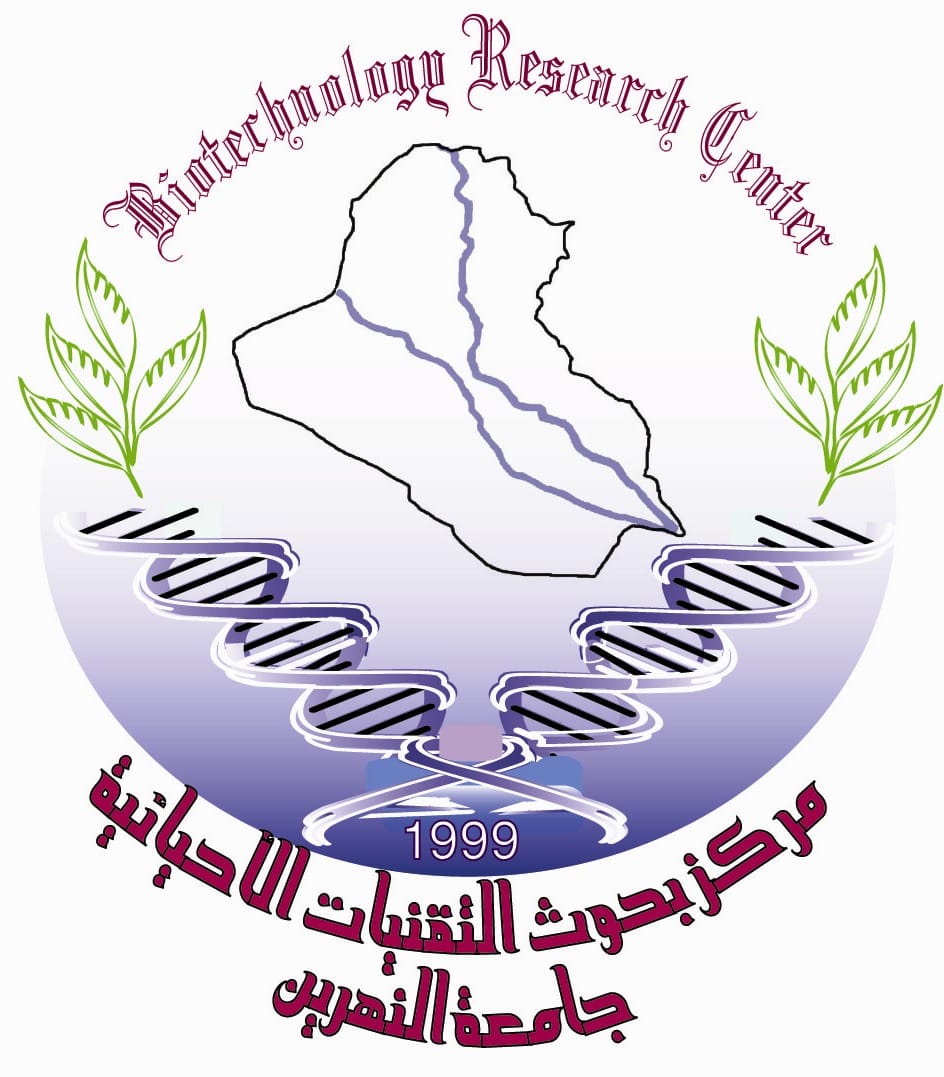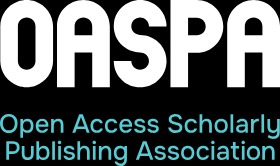The genetic effect of N-methyl-N-nitro-N-nitrosoguanidine on callus induced from mature embryos of beans Phaseolus vulgaris
DOI:
https://doi.org/10.24126/jobrc.2014.8.4.389Keywords:
Mutation, chromosomes, Acetoorcein, Feulgen, Colchicine المقدمةAbstract
This research was conducted to study the effect of the chemical mutagen N-methyl-N-nitro-N-nitrosoguanidine (NTG)on the chromosomes of callus induced from mature bean embryos, Harvester cultivar. Seeds were treated with 0.2 or o.4 mM of the mutagen that mixed with different percentages of ethanol for 24 hrs. Calli were induced on MS medium in the presence of 0.5 mg/L of Benzyl adenine (BA), 1 mg/L Indole acetic acid (IAA) and 100 mg/L from each of Casein hydrolysate, Glycine, Asparagine, Tyrosine, and Myo-Inositol. Samples were pretreated with 1, 2- benzene dichloride, Para –dichlorobenzene, or Colchicine. Two different staining methods were used to stain the chromosomes from root tips and calli.The results showed that Para –dichlorobenzene is the best pretreatment for both root tips and callicells. However, the stain acetoorcein was the best for the root tips while Feulgen stain was the best for calli cells. Chromosome count showed that there were 22 chromosomes in all the cells of bean root tips (control). While a wide range of chromosome numbers were obtained from calli cells with or without mutagen treatment. Ninety six percent of the non treatedcalli gave the normal number of chromosomes while only 60% of calli treated with (0.4 mM+4% ethanol) gave the normal number of chromosomes. Calli cells from all the treatments showed chromosome multiplication except in the presence of ethanol.
Downloads
Published
How to Cite
Issue
Section
License
This is an Open Access article distributed under the terms of the creative commons Attribution (CC BY) 4.0 license which permits unrestricted use, distribution, and reproduction in any medium or format, and to alter, transform, or build upon the material, including for commercial use, providing the original author is credited.











